Like what you're reading?
Support independent, award-winning student journalism.
Donate.
On the morning of June 24, the Supreme Court overturned the precedent set by Roe v. Wade, which guaranteed a constitutional right to abortion, in its decision on Dobbs v. Jackson Women’s Health Organization. In doing so, they turned the question of abortion access over to the states.
In several states, "trigger bans,” or laws banning abortion which were prematurely passed in the event Roe was overturned, immediately went into effect, according to NPR. Some states had abortion ban laws that had been struck down by the Roe decision in 1973 that could have and were eventually reenforced.
Others, such as Indiana, quickly moved to call special sessions and pass new legislation. Indiana’s Senate Bill 1, the first abortion restriction bill post-Roe, was passed Aug. 5 and went into effect Sept. 15. The law is a near-total ban, restricting abortion at all stages except in the case of rape, incest, lethal fetal anomaly or risk to the life of the pregnant person. For reference, in 2020, 7,756 abortions were reportedly provided in Indiana.
Abortion restrictions were halted by an injunction on September 22. The injunction comes as a result of a lawsuit by a collection of abortion providers from around the country; it’s currently unclear if and when the ban will be reinstated.
Abortion was a leading issue in the recent midterm elections, and continues to be top of mind for many Monroe County voters. The IDS will continue to provide updates, reactions and editorial coverage.
Advertisement
Senate Bill 1 was passed on Aug. 5 and took effect Sept. 15. While the bill may seem straightforward, there are certain specificities to consider.
Women who receive abortions cannot be subject to criminal penalty for the abortion itself. However, if a woman lies to receive an abortion in the state, she may be charged with perjury, which can carry imprisonment and thousands of dollars in fines, according to WTHR.
Victims of rape or incest may seek an abortion for up to 10 weeks, while women whose pregnancies are affected by letal fetal anomaly may seek an abortion up to 20 weeks or until viability.
The way the bill bans abortion is by terminating the licenses of abortion clinics, which are defined by the Indiana Department of Health as a “freestanding entity that performs abortion procedures.” This does not include hospitals or ambulatory surgery centers, as long as they are licensed as such, or doctor’s offices whose primary purpose is not abortion.
Advertisement
Doctors who perform abortions illegally would be charged with a level 5 felony and, pending an investigation by the Attorney General, potentially have their licenses revoked according to the bill. Abortion providers who perform abortions within the given time frame and conditions are not affected by SB1.
As of Sept. 22, the bill is temporarily on hold after a county judge issued a preliminary injunction, meaning it will not be enforced throughout the lawsuit, according to CNN.
For an injunction to pass, four standards must be established. First, the “moving party,” or the group calling for the injunction, must be seen by the court as reasonably likely to win “on the merits,” or based on preexisting decisions. The moving party must face “irreparable harm” before the full decision is made, and this harm must be judged to outweigh the harm caused to the opposing party by the injunction’s passage. Finally, the judge must decide that, if the injunction is not granted, the “public will be disserved.”
The Indiana Supreme Court’s decision-making process regarding the Senate Bill 1 injunction was released and is publicly available here.
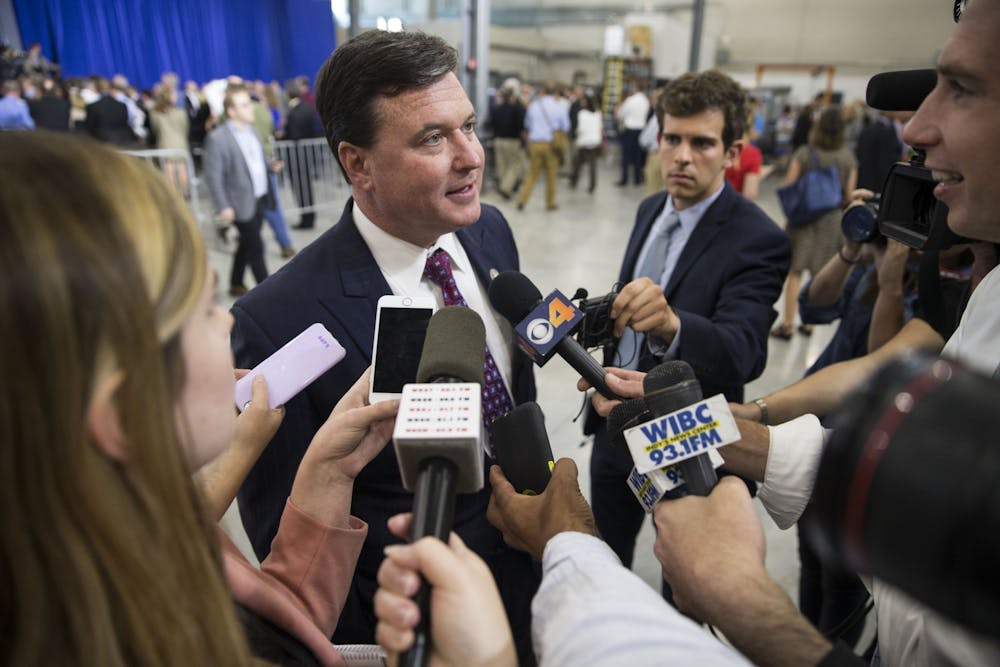
OPINION: Indiana Attorney General Rokita talks protecting individual liberties yet is against abortion
By Jared Quigg
Sep 25, 2022
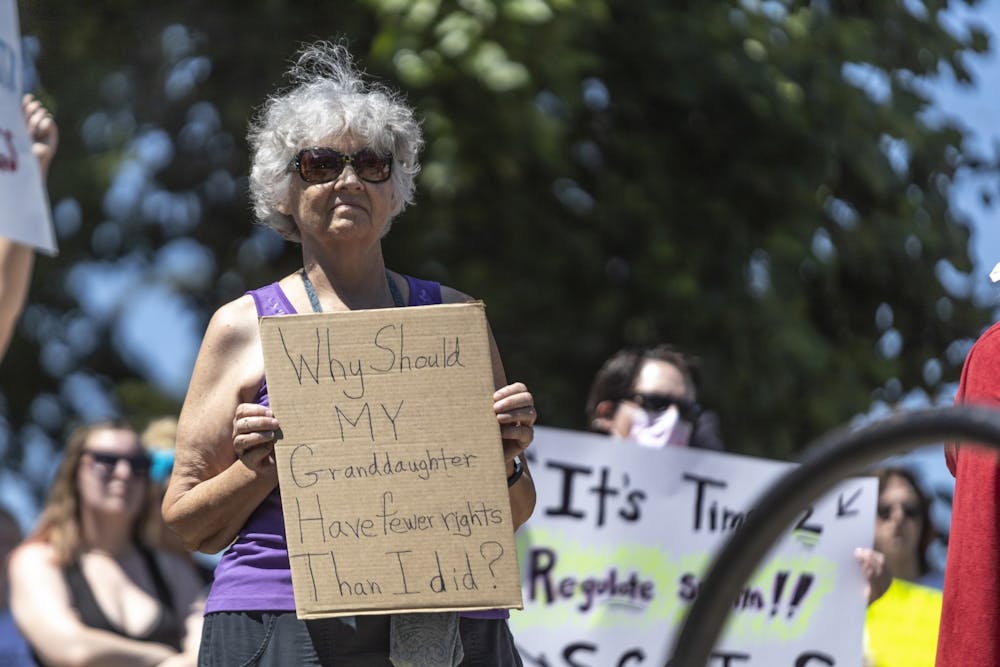
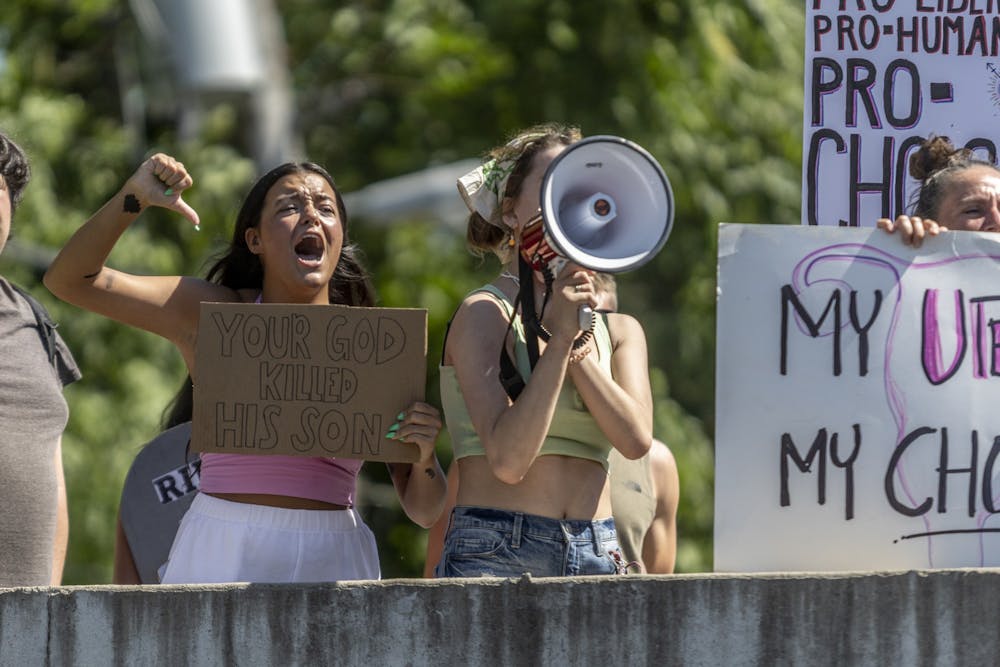
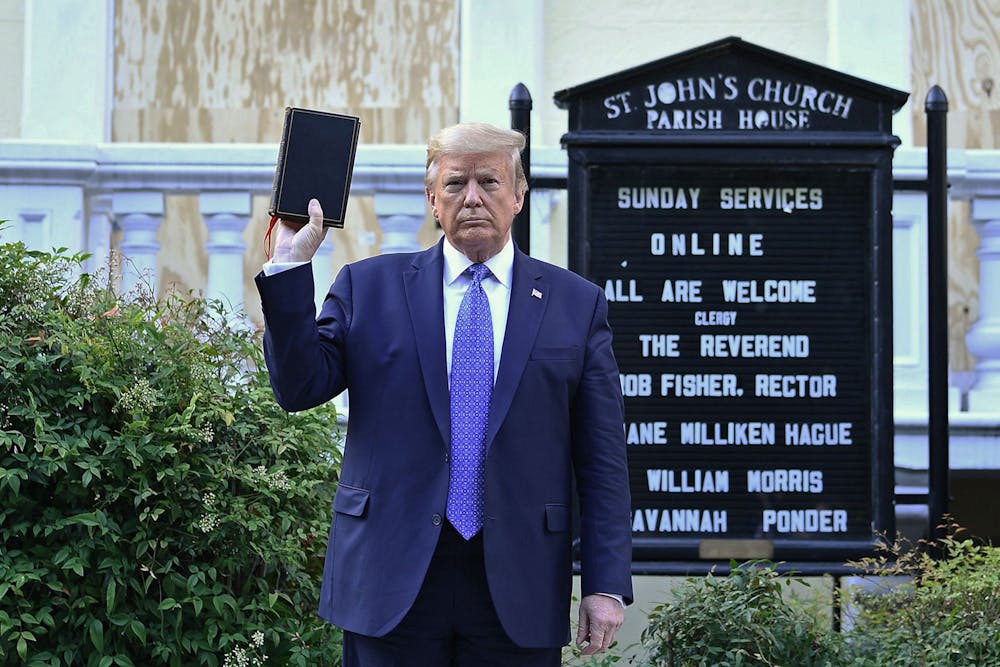
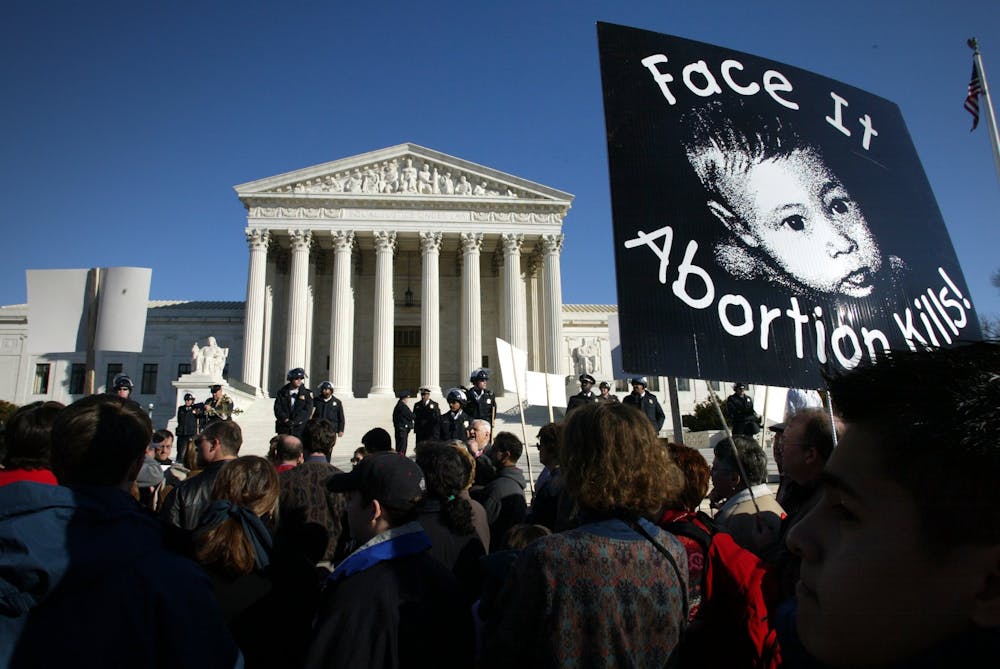
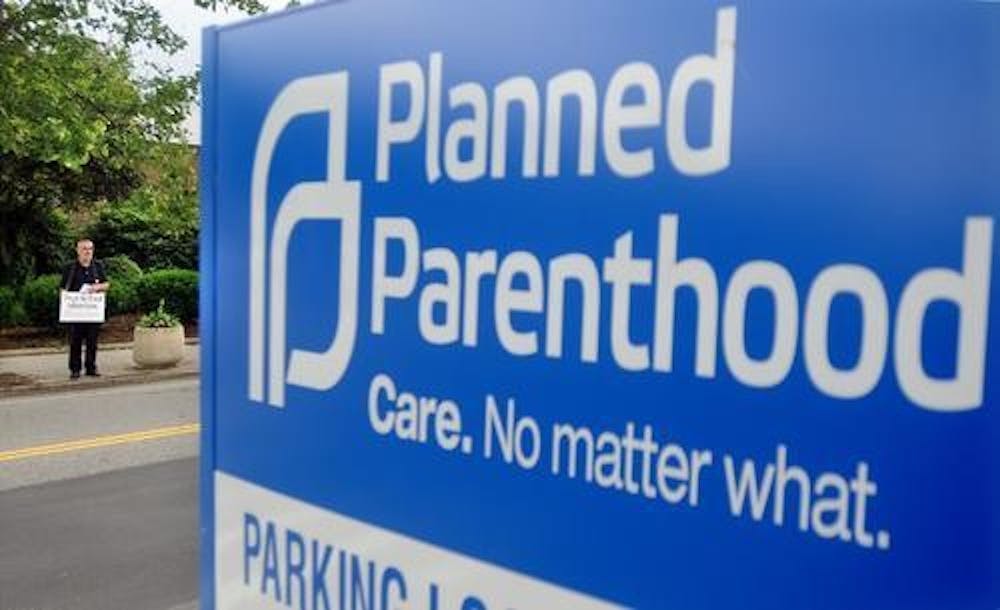
Advertisement
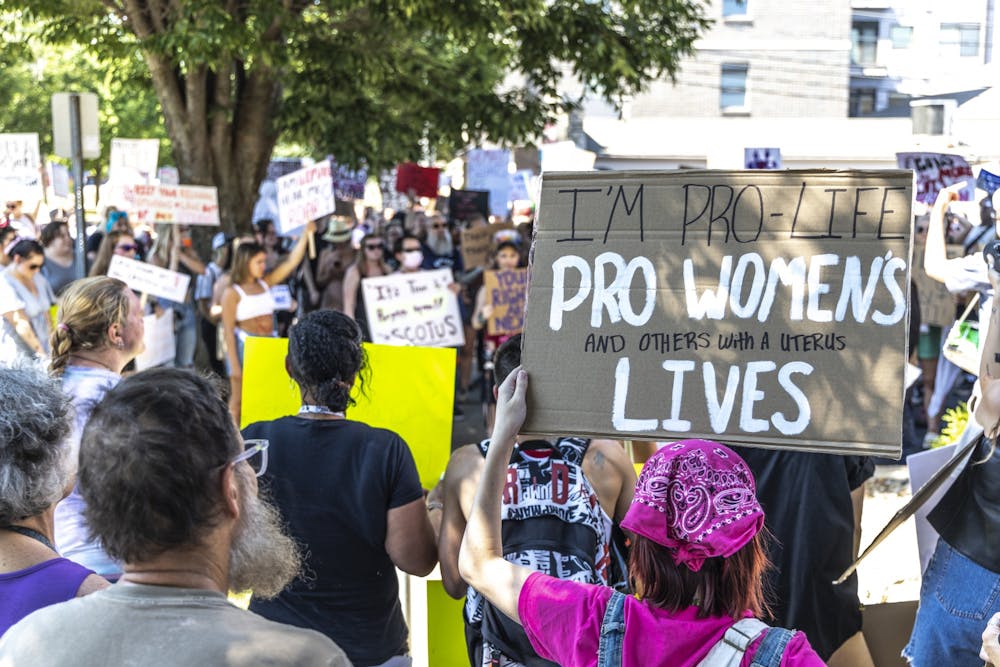
How Indiana healthcare is adjusting to the legal challenges imposed by Roe v. Wade overturn
By Mackenzie Lionberger
Sep 15, 2022

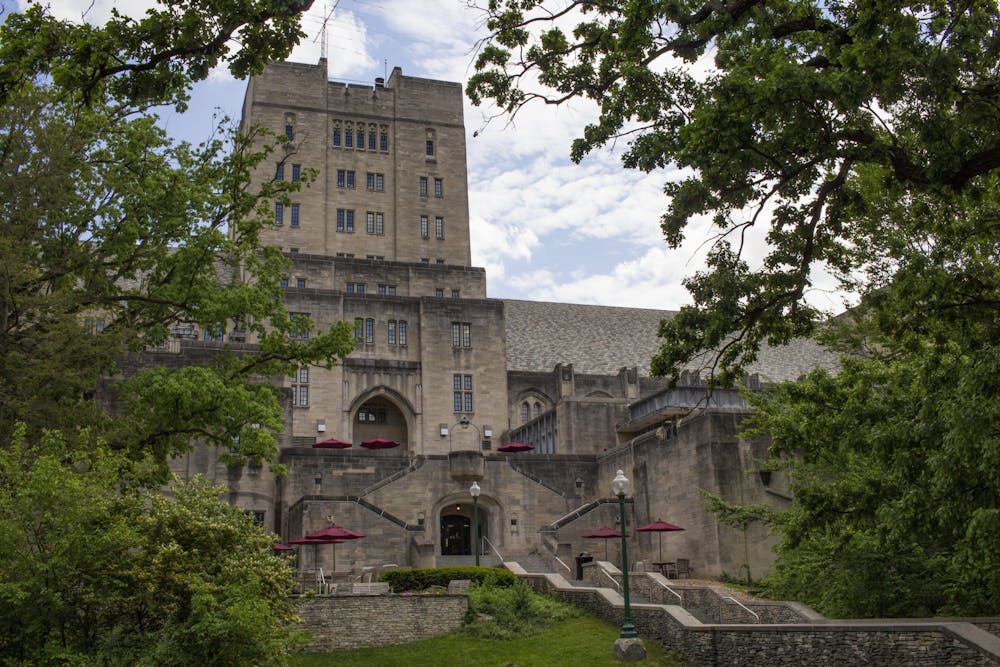
Faculty and guest speakers to hold Abortion Access Teach-In this Friday
By Meghana Rachamadugu
Aug 25, 2022
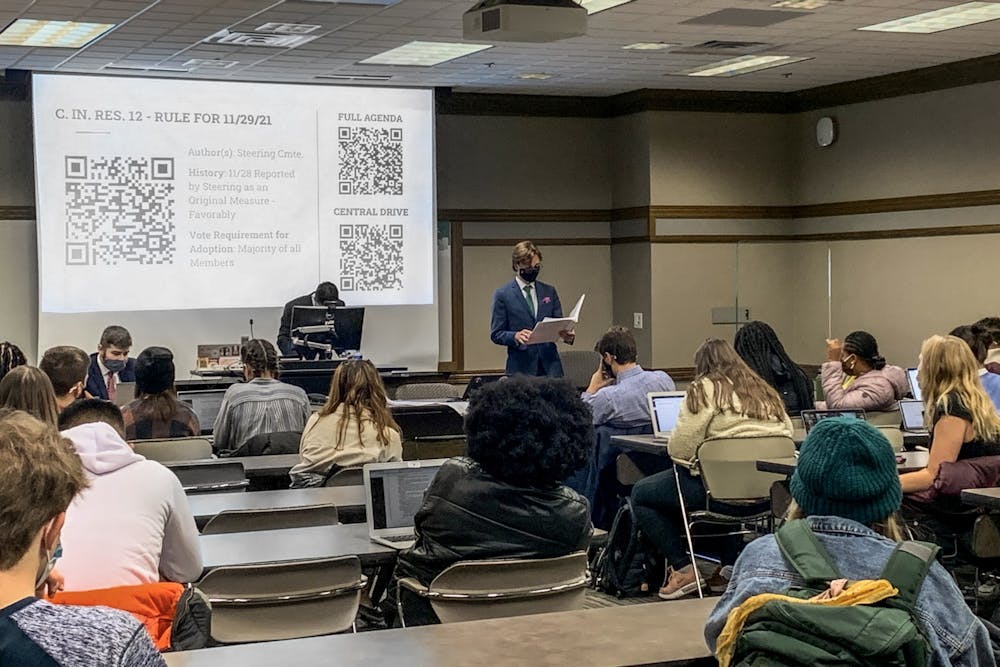


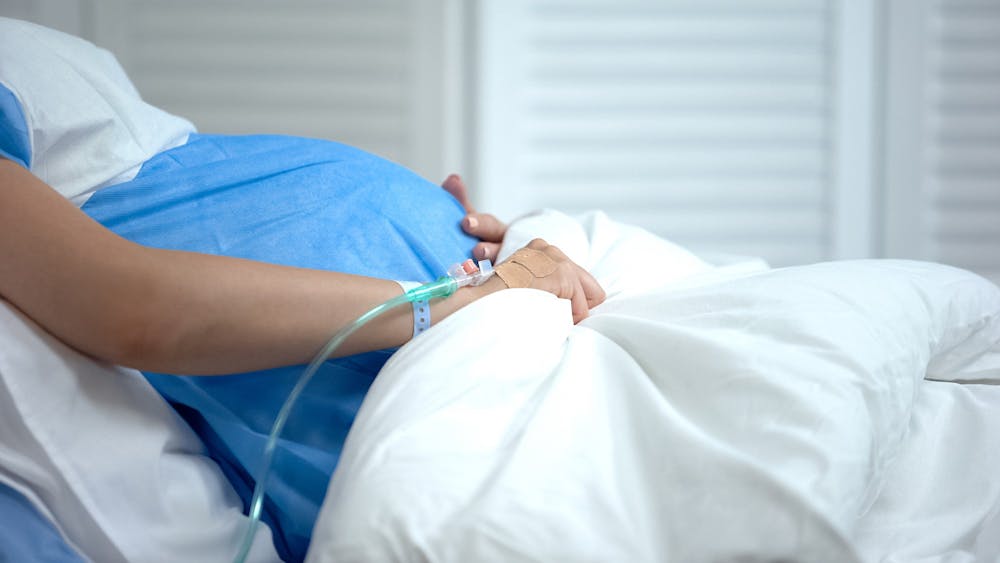
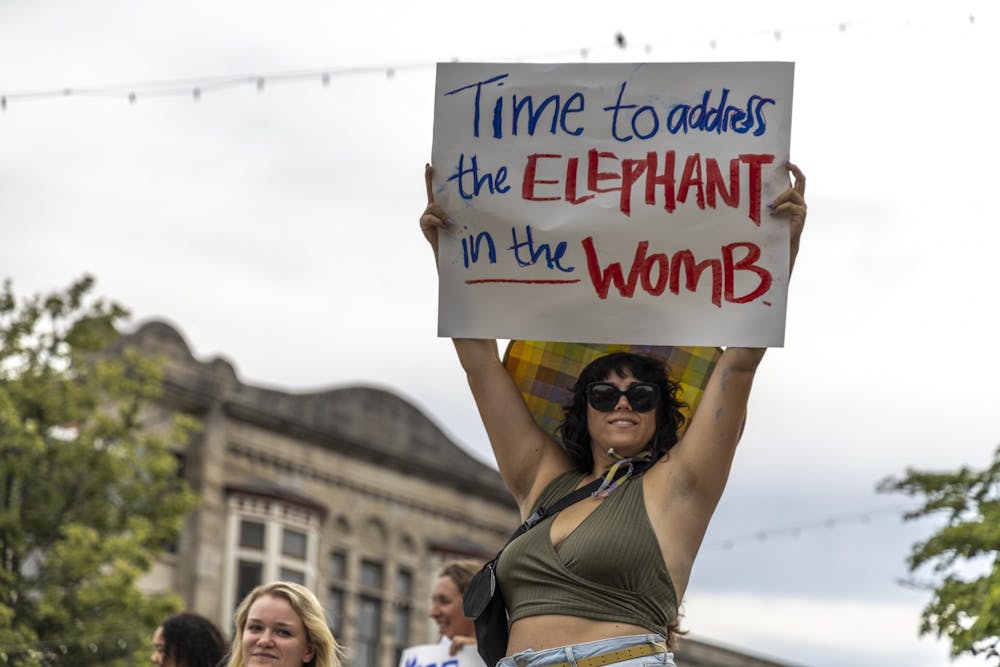
Roe v. Wade overturned: Reactions to the ruling, Indiana’s current laws and what could come next
By Christina Avery
Jun 27, 2022
Advertisement
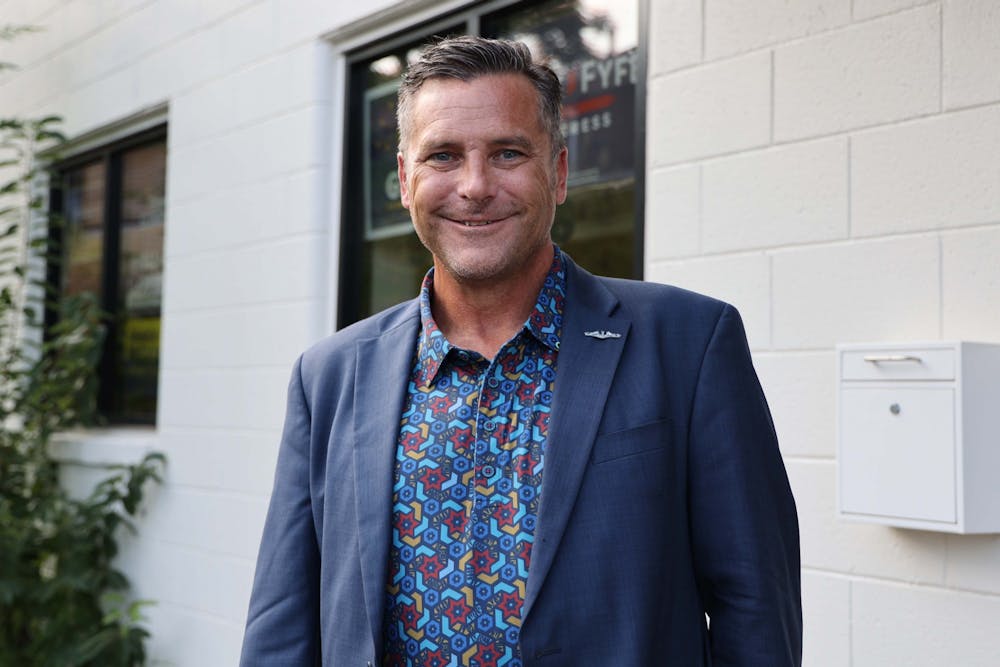
Democratic Senate candidate Thomas McDermott talks ‘the top issue’ — abortion access — and plans if elected
By Nadia Scharf
Sep 20, 2022

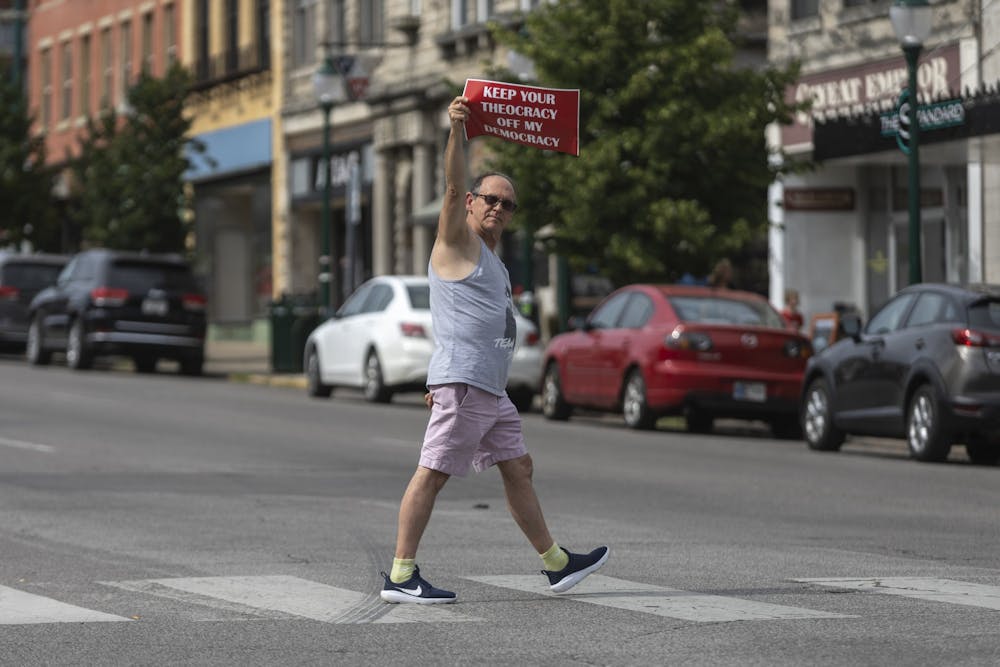
‘The worst-case scenario’: what IU experts have to say about a post-Roe world
By Marissa Meador
Jun 28, 2022
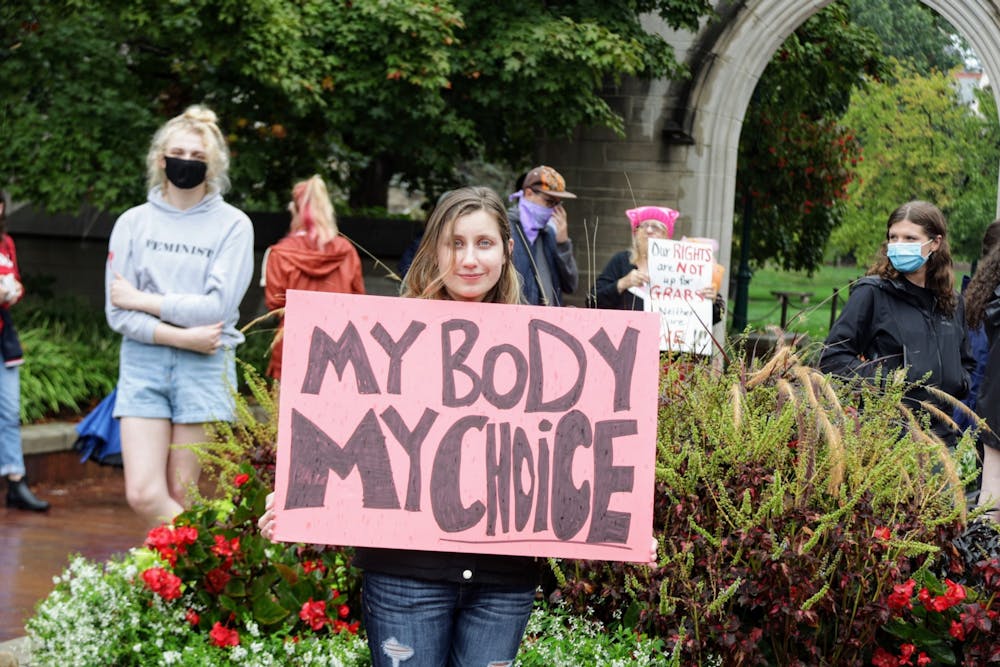
State legislators representing Bloomington release statements on Roe v. Wade decision
By Nadia Scharf
Jun 27, 2022